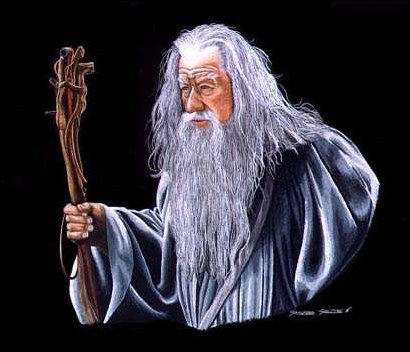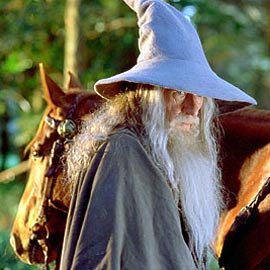MSNBC reports that the Supreme Court has ruled that President Bush has overstepped his proper boundaries as President by ordering military trials for at least some Guantanamo detainees. The ruling was 5-3, with Justice Roberts sitting out because he had ruled (in favor of the administration) on the case as a lower court judge before his appointment.
One problem with this decision- there appear to have been multiple opinions written. If not a unified decision from the 5 in the majority, the impact of the decision could be muted.
Among the majority, quoting the MSNBC article...
The ruling ... was written by Justice John Paul Stevens, who said the proposed trials were illegal under U.S. law and international Geneva conventions.
“Trial by military commission raises separation-of-powers concerns of the highest order,” Kennedy wrote in his opinion.
In his own opinion siding with the majority, Justice Stephen Breyer said that “Congress has not issued the executive a ’blank check.’ ... Indeed, Congress has denied the president the legislative authority to create military commissions of the kind at issue here. Nothing prevents the president from returning to Congress to seek the authority he believes necessary,” Breyer wrote.
Justices Thomas, Scalia, and Alito all wrote dissents. Again, from MSNBC, Thomas wrote...
...a strongly worded dissent, saying the court’s decision would “sorely hamper the president’s ability to confront and defeat a new and deadly enemy.” The court’s willingness, Thomas said, “to second-guess the determination of the political branches that these conspirators must be brought to justice is both unprecedented and dangerous.”
Another clear example of a Republican, not a conservative, dissent. Conservatives believe in limited government. So, to "hamper" an elected official is not necessarily a bad thing, when that official seeks to expand his/her powers and violate constitutional protections. Furthermore, history has shown that the "political branches" sometimes need second guessing if we are to preserve our liberties and constitutional rights- witness slavery, segregation, imprisonment of Japanese-Americans during WWII, the earlier ruling from the Court on limitless detentions at Guantanamo. These cases have enjoyed either majority support (in both the political branches and the general population) or majority apathy. In a constitutional government, the majority should not always rule- the Constitution comes first.
We know, again from the lessons of history, that we have at times needed the courts, the non-elected branch, to step to the plate and preserve freedom. Despite the wishes of Justice Thomas, the Court appears to have done so today.
GP
Thursday, June 29, 2006
Subscribe to:
Post Comments (Atom)


No comments:
Post a Comment